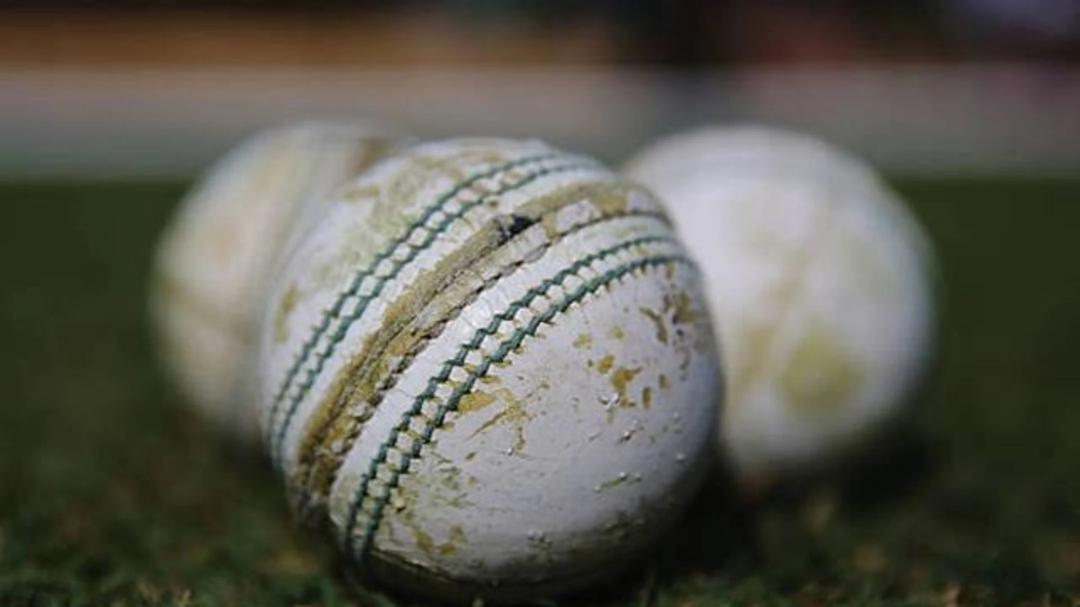ICC Cricket Introduces New Rules For ODIs
The changes to the two-ball rule and concussion replacement rules are expected to have a significant impact on the game, and teams will need to adapt to the new playing conditions. The ICC's decision to introduce these changes is a positive step towards improving the sport, and fans can look forward to an exciting new era in cricket.

The International Cricket Council (ICC) has announced significant changes to the playing conditions for One-Day Internationals (ODIs), Test matches, and Twenty20 Internationals (T20Is), including a new two-ball rule for ODIs. From July onwards, two new balls will be used in the first 34 overs of an innings, after which the fielding team will choose one of the two balls to be used for the remaining 16 overs.
The changes aim to improve the game and enhance player safety. The ICC has also introduced new concussion replacement rules, requiring teams to submit five replacement players before the match, including one wicketkeeper, one batter, one pacer, one spinner, and one allrounder. In exceptional cases, a replacement outside of the nominated players can be considered. Minor adjustments to boundary line catches and Decision Review System (DRS) clauses have also been made.
The new rules will take effect from June for Test matches, July for ODIs, and July for T20Is. The World Test Championship (WTC) final will be played under existing rules, with the new playing conditions coming into effect from the next WTC cycle. The Chief Executives Committee (CEC) has approved the modifications, and a working group will be formed to consider the format of the Under 19 World Cup.
The introduction of these new rules marks a significant development in the world of cricket, and fans can expect to see changes in the game from next month. The ICC's efforts to improve player safety and enhance the game are commendable, and it will be interesting to see how these changes impact the sport.